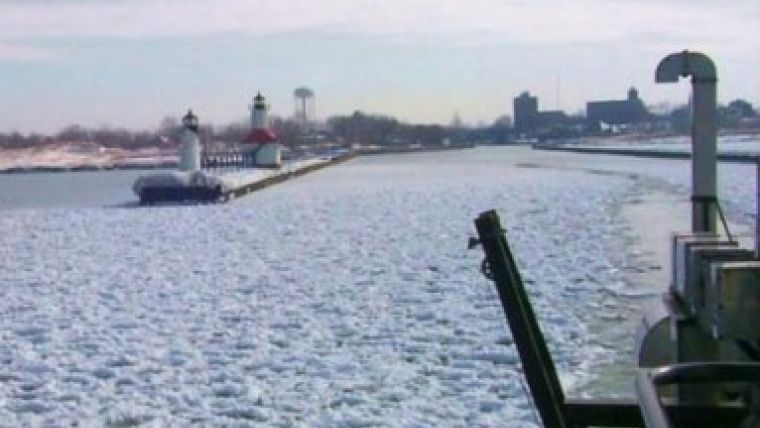Improved Marine and Weather Forecast
NOAA, USA, is now using enhanced weather and marine forecast models for the Great Lakes that will extend forecasts from 36 hours to 60 hours into the future to better serve commercial and recreational mariners, the shipping industry, emergency responders, water resource managers and the private weather industry.
The Great Lakes Operational Forecast System (GLOFS) of NOAA's National Ocean Service, which predict currents, water level and water temperature, is now running on NOAA's National Weather Service's powerful and reliable super computers. The super computers run around the clock, offering a more reliable computing framework to generate Great Lakes forecast models and ultimately producing more timely forecasts. GLOFS nowcasts and forecasts are online.
The National Weather Service provides customers with wind and wave forecasts in addition to weather forecasts for the five Great Lakes. Bringing the National Ocean Service's forecasts under the same computing system provides the opportunity for customers to have access to Great Lakes predictions from a single source.
This initiative is a first step to link NOAA's environmental modelling efforts with state-of-the art technology and paves the way for a more seamless way to deliver environmental forecasts to NOAA's diverse customer base in the future. In addition, this effort will aid NOAA's ability to manage the nation's marine ecosystems and it supports the Integrated Ocean Observing System - a federal, regional, and private-sector partnership working to increase understanding of the oceans, coasts, and Great Lakes so decision makers can take action to improve safety, enhance the economy and protect the environment.
"This initiative will lead to great advances in environmental modelling within NOAA," said David Kennedy, acting assistant administrator of NOAA's National Ocean Service. "Imagine a system one day that can help us provide more accurate and timely predictions for safer and more efficient marine commerce and also lead to improvements in ecological forecasting, such as the harmful algal bloom prediction."














